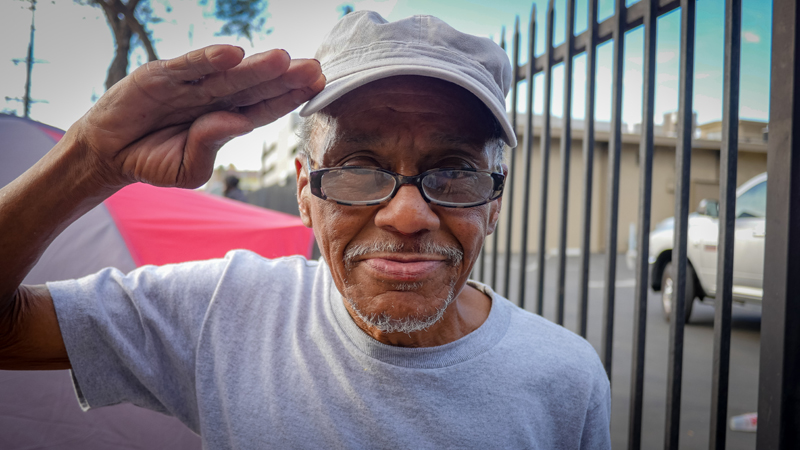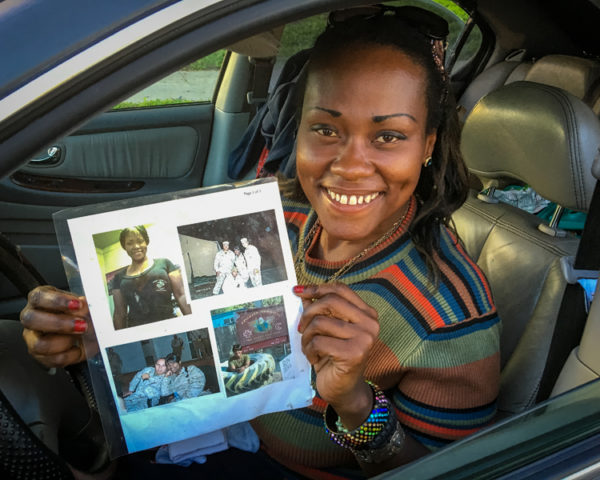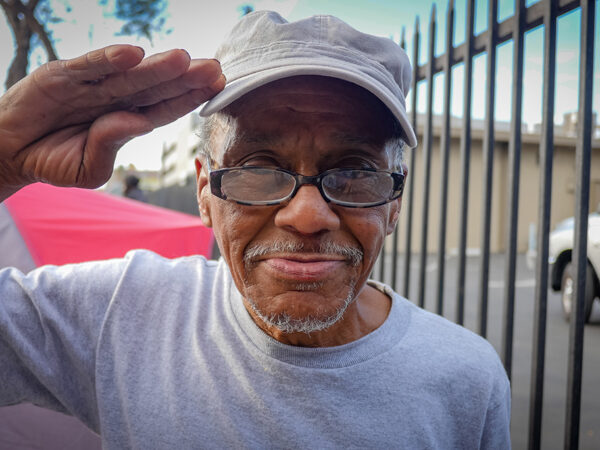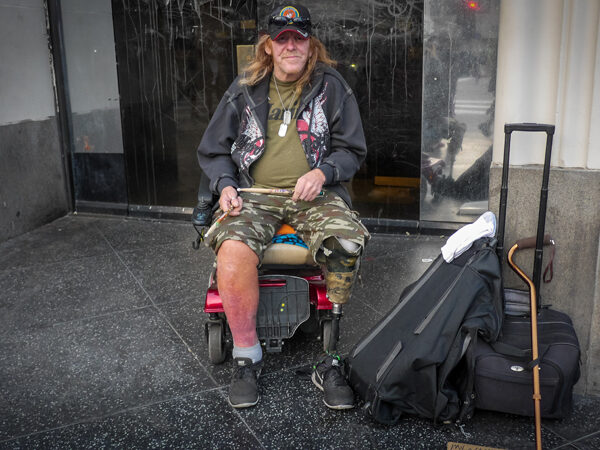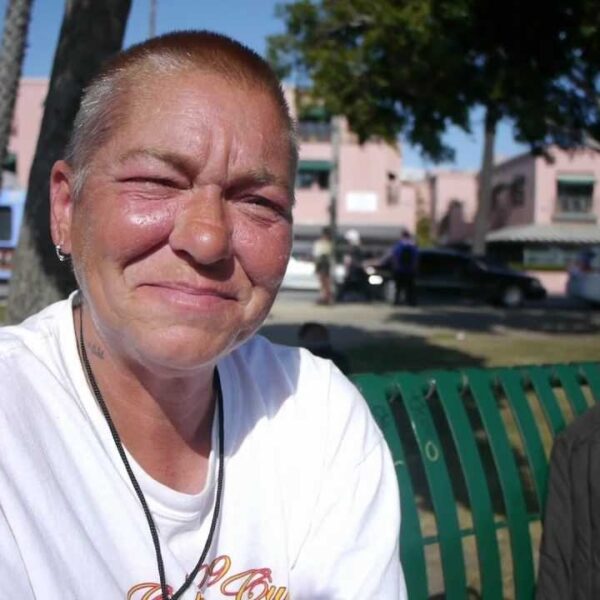Ending Veteran Homelessness
To help homeless veterans and prevent them from experiencing homelessness, there needs to be a coordinated effort. Affordable housing, basic health care needs, and mental health counseling must be provided. Additionally, job training or job placement assistance is crucial to veterans, who can be at a disadvantage when competing for jobs. Their military occupations and training are not always transferable to civilian workforce.
Fortunately, the veteran population has access to unique benefits provided by the federal government. Since 1987, the U.S. Department of Veterans Affairs (VA) programs for homeless veterans has emphasized collaboration with community service providers to help expand services to veterans in crisis.
Each year, the VA provides health care and services to hundreds of thousands of homeless and at-risk veterans. The key is to make sure homeless veterans are connected with these benefits and have access to additional support as needed.
Since 2009, the federal government has made ending veteran homelessness a major objective. New allocated funding provides emergency financial assistance and housing vouchers (money to pay rent) for veterans. Many communities unite to help homeless veterans. By aligning with and deploying new federal resources, they aim for a goal of “functional zero”. To reach “functional zero” means the number of homeless veterans in your community is no greater than the average monthly housing placement rate for veterans.
Help Homeless Veterans in Your Area
Here are a few examples of things you can do:
- Educate yourself and others. Learn and share as much as you can about veteran homelessness – the causes, its impact, and solutions. Visit with homeless veteran service providers. Contact your local municipality’s office for a list of providers, or search the National Coalition for Homeless Veterans database.
- Make a donation to your local homeless veteran service provider. You can donate money or contact them to find out if they need specific items for their programs or for the veterans themselves.
- Advocate to end veteran homelessness in your community. Contact your elected officials. Discuss what is being done for homeless veterans and what more can be done.
Learn more—read “4 Ways to Help Homeless People.”







